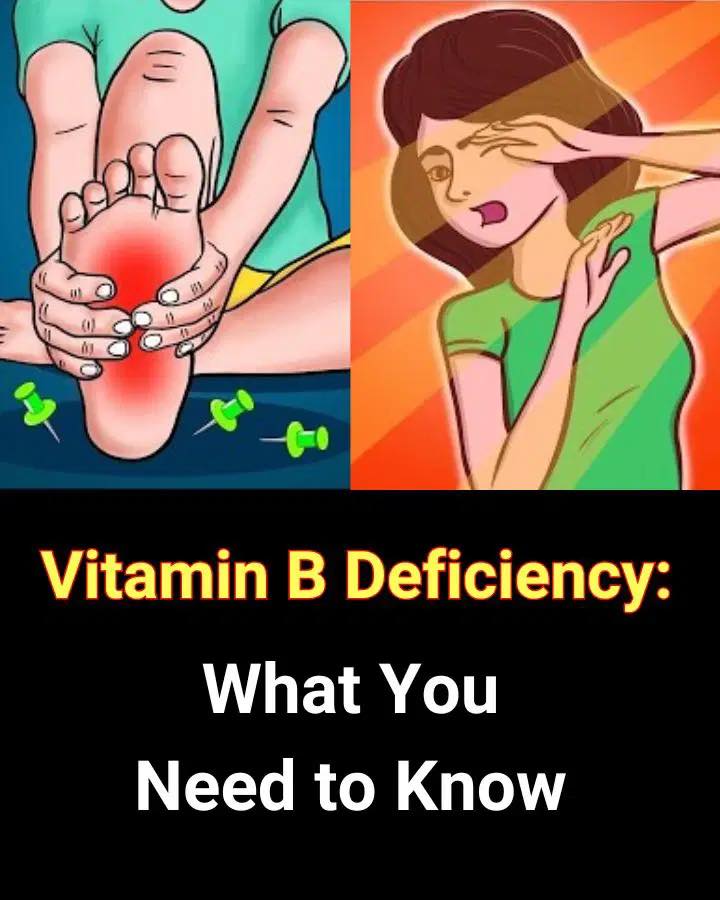What are the symptoms of vitamin B deficiency?
Here are some popular symptoms associated with vitamin B deficiency:
Fatigue and weakness: A lack of vitamin B12 or B9 leads to anemia, chronic fatigue and weakness.
Skin Problems: Shortages of vitamin B2 or B3 cause rashes, cracks in the corners of the mouth, and other skin-related problems.
Cognitive and neurological symptoms: Deficiencies of B1, B6 or B12 cause confusion, memory loss, depression and even severe neurological damage.
Digestive problems: A shortage of vitamins B1 and B3 leads to digestive problems, including nausea and abdominal discomfort.
Peripheral neuropathy: A lack of vitamin B12 causes tingling, numbness, or loss of sensation in the hands and feet.
Am I at risk for vitamin B deficiency?
Here are some of the most common risk factors:
Elderly: As people age, they create less stomach acid, affecting their ability to absorb vitamin B12.
Pregnant women: the need for folate (B9) during pregnancy is greater, which also causes to deficiency if there is no adequate supplementation.
Individuals with digestive disorders: Conditions such as Crohn’s disease, celiac disease, or certain gastrointestinal surgeries affect the absorption of B vitamins.
Vegans and vegetarians: These diets often lack natural sources of vitamin B12, demanding supplementation or fortified foods.
Alcoholism: Extra alcohol consumption also contributes to poor absorption and depletion of B vitamins.
What are the consequences of vitamin B deficiency?
Untreated vitamin B deficiency has serious consequences, affecting both physical and mental health.
Anemia: A shortage of vitamin B12 and B9 causes megaloblastic anemia, resulting in fatigue, shortness of breath and paleness.
Neurological damage: Severe B12 deficiency leads to irreversible nerve damage, resulting in mobility problems and cognitive decline.
Birth defects: A folate (B9) deficiency during pregnancy boosts the risk of neural tube defects in the baby.
Depression and mental health problems: Certain B vitamins are involved in the synthesis of neurotransmitters, and deficiencies cause mood disorders and cognitive decline.
What happens if I eat too much vitamin B?
While vitamin B deficiency poses serious risks, consuming too much B vitamins can also have side effects. Although water-soluble vitamins are not usually stored in the body, and excess amounts are eliminated through urine, high doses can cause adverse effects. For example:
- Vitamin B3 (Niacin): High doses lead to redness, itching and, in extreme cases, liver damage.
- Vitamin B6 (Pyridoxine): Extra consumption causes nerve damage, resulting in numbness and tingling.
- Vitamin B12: Excessive doses are generally considered safe, but very rich amounts interfere with certain laboratory tests or drug interactions.


